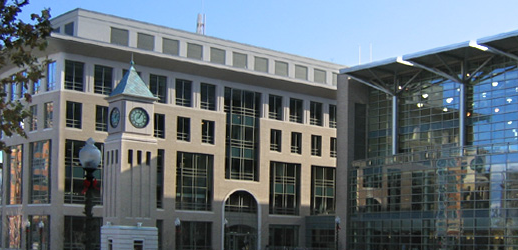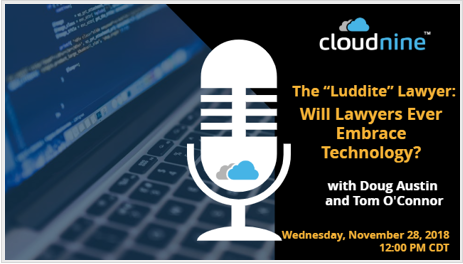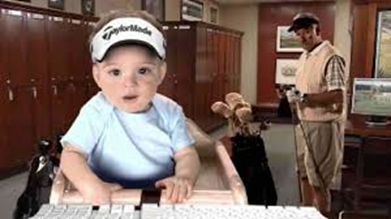Should Judges Have an Explicit Technical Competence Requirement?: eDiscovery Trends
Since the American Bar Association revised the Model Rules of Professional Conduct for lawyers in 2012 to add technology competence to their duty to be competent in the law and its practice, there have been 36 states that have adopted that Model Rule. How do I know that? Because Bob Ambrogi keeps track of that on his LawSites blog here. But, what about judges? Shouldn’t they have an explicit technical competence requirement as well?
As Bob notes in his latest article in Above the Law (It Is Time To Extend The Duty Of Tech Competence To Judges), it was 2012 when the ABA amended Comment 8 to Model Rule 1.1, which pertains to competence, to say that lawyers have a responsibility to keep abreast of changes in law and practice, “including the benefits and risks associated with relevant technology.” And, just as there is a model code of conduct for lawyers, there is a corollary model code of conduct for judges. That code, however, contains no parallel duty of technology competence for judges, at least not explicitly. And, despite the fact that most states also have codes of judicial conduct, none of those state codes appears to explicitly require technological competence for judges either.
Bob notes several ways that a judge’s responsibilities intersect with technology, including: ruling on issues of evidence and discovery involving digital sources (obviously, we’ve covered a lot of those on this blog), deciding cases involving issues of technology and ethically using technology and social media in their own professional and personal lives (we’ve touched on that too, including this recent case that we covered where a decision was reversed, based on a judge accepting a Facebook friend request from a party involved in a case in his courtroom).
Bob also cited the 2019 judges survey conducted by Exterro and EDRM/Duke Law which asked federal judges whether they are satisfied with their level of knowledge of eDiscovery technology and practices. Of the 260 judges who responded, less than a third said they require no additional training or education. In other words, most feel they need to understand it better.
Would an explicit duty to be competent in technology help? Well, it couldn’t hurt. While it could be argued that there are plenty of lawyers who still don’t understand technology very well, there are certainly more that do now, possibly due (in part) to the technology ethical requirement. At least they seem more interested in attending technology-related CLE courses than they used to be, at least the ones we offer.
Since the Model Code of Judicial Conduct was adopted by the House of Delegates of the American Bar Association in August 1990, the longest it has ever gone without being updated is about seven years (from the original Model Code to the first amended version in 1997). Until now, where it hasn’t been updated since August 2010 (closing in on nine years since the last update). When you consider how much technology has changed during that time, it’s amazing. So, it’s possibly overdue for any type of update. When they do update it next, they will hopefully address technology competence at that time.
Also, just a reminder that CloudNine will be the Scarlett sponsor of the Murder in the Manor charity fundraiser hosted by Oasis Discovery to be held May 16th at The Mansion on O Street in Washington DC (2020 O Street NW, Washington, DC 20036). CloudNine will be running the Speakeasy, where drinks will be available and a lot of fun will be had. And, all proceeds from the event will benefit the Capital Area Food Bank (CAFB), which is the largest public, non-profit hunger and nutrition education resource in the Washington Metropolitan Area. Click here for more information and to purchase your tickets. Remember, it’s for a great cause.
So, what do you think? Do you think judges, like lawyers, need an explicit technical competence requirement as well? As always, please share any comments you might have or if you’d like to know more about a particular topic.

Sponsor: This blog is sponsored by CloudNine, which is a data and legal discovery technology company with proven expertise in simplifying and automating the discovery of data for audits, investigations, and litigation. Used by legal and business customers worldwide including more than 50 of the top 250 Am Law firms and many of the world’s leading corporations, CloudNine’s eDiscovery automation software and services help customers gain insight and intelligence on electronic data.
Disclaimer: The views represented herein are exclusively the views of the author, and do not necessarily represent the views held by CloudNine. eDiscovery Daily is made available by CloudNine solely for educational purposes to provide general information about general eDiscovery principles and not to provide specific legal advice applicable to any particular circumstance. eDiscovery Daily should not be used as a substitute for competent legal advice from a lawyer you have retained and who has agreed to represent you.











